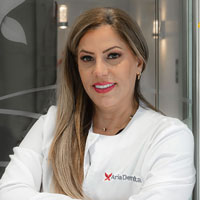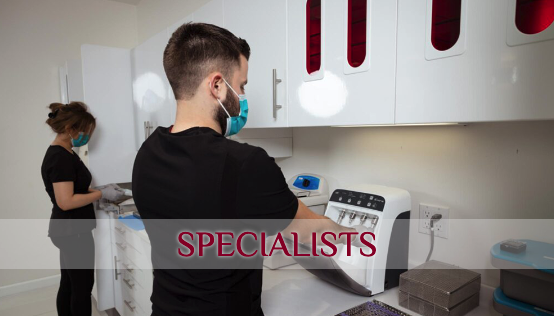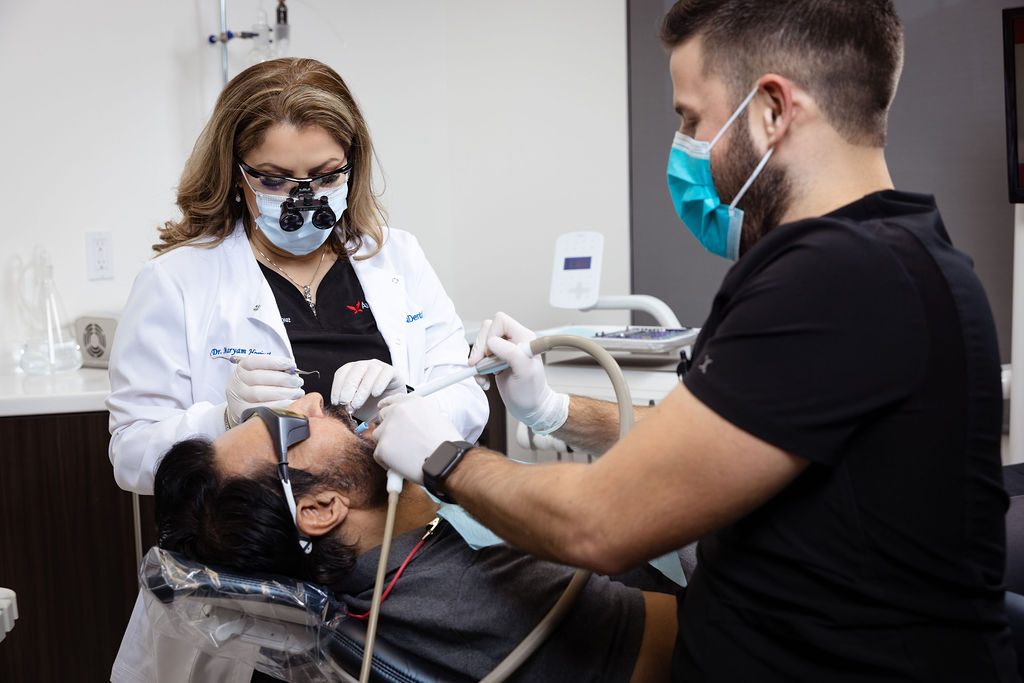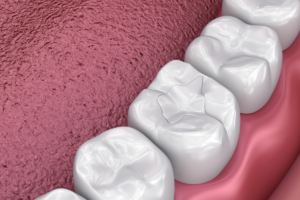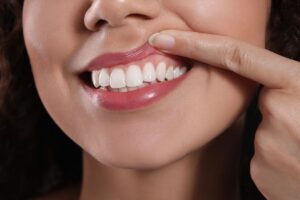Routine dental check-ups are among the most essential parts of maintaining oral hygiene. During a check-up, your doctor might recommend a deep cleaning for you. But what is a dental deep cleaning? What does it involve? What are the alternatives? In this article, we are going to answer all of these questions.
What Is a Dental Deep Cleaning?
A dental deep cleaning procedure cleans teeth and below the gum line, removing plaque and tartar buildups. The difference between dental deep cleaning vs. regular cleaning is that deep cleaning reaches below the gum line, while regular cleaning works only above the gum line.
Why Is It Important?
Teeth deep cleaning is crucial for people suffering from gum diseases. If untreated, you will face challenges such as bad breath, swollen or bleeding gum, loose teeth, and receding gums. To prevent these complications, you should have your gums cleaned to remove plaque and tartar from below the gumline.
What Is a Dental Deep Cleaning Procedure?
First, you need an examination appointment. During this appointment, your doctor examines how serious your gum disease is. If it has advanced to periodontitis, deep cleaning is required. Then, on your treatment appointment, your dentist numbs the area and cleans all the buildup above the gumline. Eventually, they clean the buildup below the gumline. Usually, there is a follow-up session where your doctor checks if dental deep cleaning has worked.
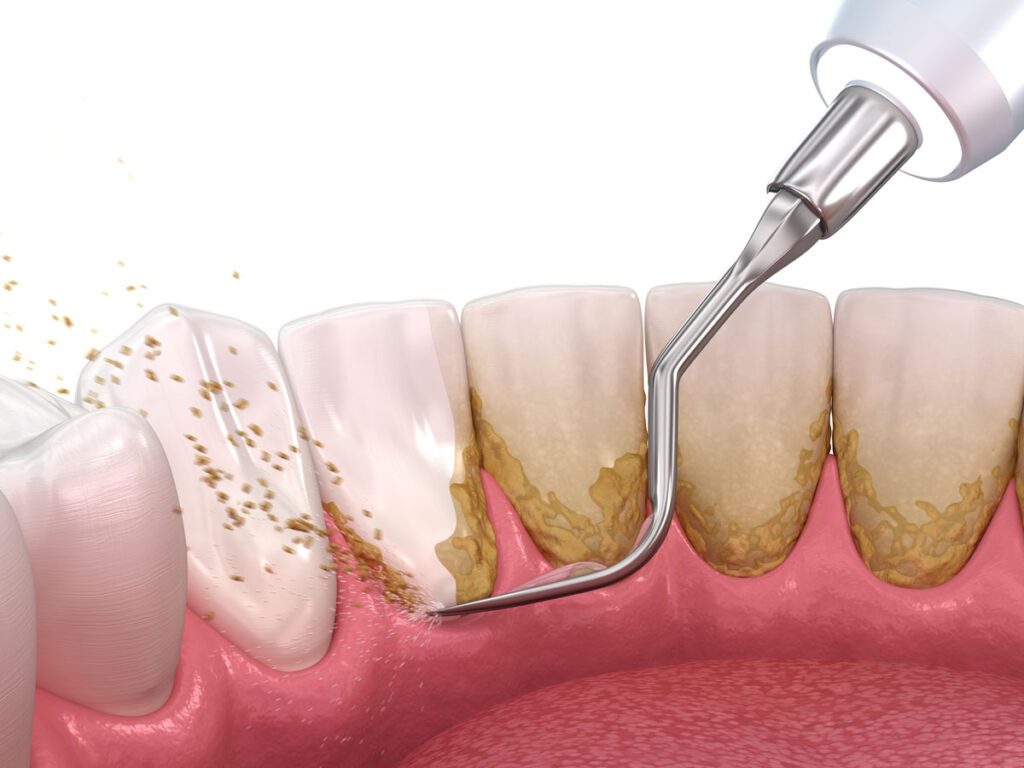
Deep Dental Cleaning Pros and Cons
A dental deep cleaning has its pros and cons that you should consider before opting for this treatment. The most important advantages and disadvantages of deep dental cleaning are:
Advantages of Deep Cleaning Teeth
- It prevents gum disease and reduces its effect;
- It is a much more thorough cleaning compared to regular cleaning;
- It helps to protect the roots of the teeth; and
- It relieves bad breath.
Disadvantages of Deep Cleaning Teeth
- It is not recommended for patients with a weak immune system;
- It might not completely cure gum disease;
- It can’t be done in one appointment; and
- It takes work to keep the benefits after the procedure.
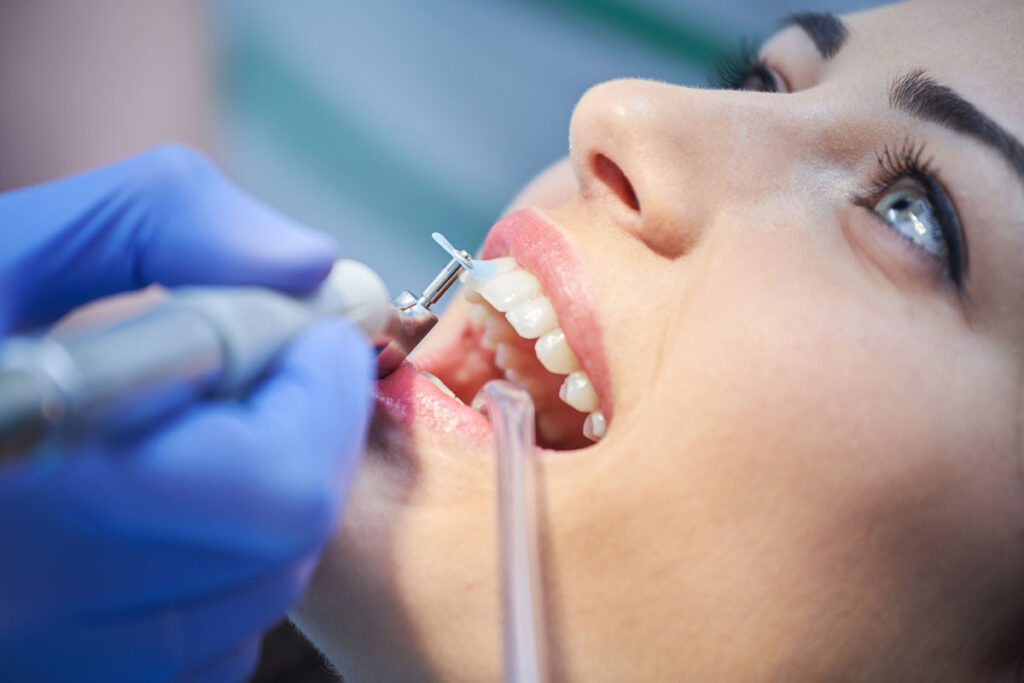
What Is the Aftercare of Teeth Deep Cleaning?
The most crucial part of aftercare is following your doctor’s instructions. You should carefully follow all the specific instructions to get the best result. Here are some general tips:
Ask for Pain Medication
It is normal to have a little discomfort after your treatment. You can ask your doctor for pain medications to manage the first few days until the discomfort disappears.
Keep the Good Oral Hygiene
You should brush your teeth, floss, and use mouthwash to maintain the benefits of your deep dental cleaning. If you don’t maintain oral hygiene, the gum disease worsens again, reversing all the cleaning effort.
Avoid Smoking and Eat Soft Food
Smoking slows down your recovery and increases the risk of complications. Avoiding smoking for several days is recommended to ensure a rapid recovery. You should also eat soft food to avoid irritating your gums.
Don’t Forget the Follow-Up Appointments
We suggest you have follow-ups after your procedure because your dentist might have additional treatments in mind. Even if you do not need any other treatments, your doctor ensures the healing of your teeth and gums during these sessions.
What Are Dental Deep Cleaning Alternatives?
Laser treatment is the best alternative for dental deep cleaning. At Aria Dental, we use LANAP treatment. LANAP, or Laser-Assisted New Attachment Procedure, is a minimally-invasive procedure that targets gum disease and leaves no stitches or pain. It’s an FDA-approved and safe procedure, with no radiation or interaction with other medications.
Are You Ready for Your Dental Cleaning?
This article answers questions such as “what is a dental deep cleaning?” “What is the procedure?” “What are the pros and cons?” If you are ready to have your dental deep cleaning in Orange County, we suggest Aria Dental.
Aria Dental recommends holistic, biological treatments that protect the health of the rest of your body as well as your teeth and gum. We are a top certified member of IAOMT (International Academy of Oral Medicine & Toxicology), IABDM (International Academy of Biological Dentistry & Medicine), and HDA (Holistic Dental Association). Contact us to learn more about how we can help you.
FAQ of Dental Deep Cleaning
Does dental deep cleaning hurt?
Dental deep cleaning can be a little uncomfortable, but it is not painful if you choose an experienced doctor.
How long does deep cleaning take?
It mainly depends on the severity of your gum disease. If there is a lot of plaque and tartar, it might take up to two hours.
How often should one opt for dental deep cleaning?
Again, it depends on the severity of your gum disease. It may be recommended once or twice yearly if it’s not a severe gum infection.
Can deep cleaning prevent tooth loss?
Yes, deep cleaning treats gum disease, the leading cause of tooth loss.

